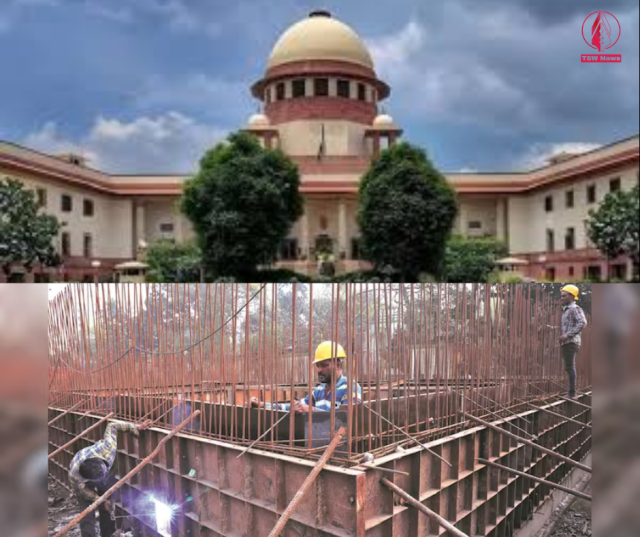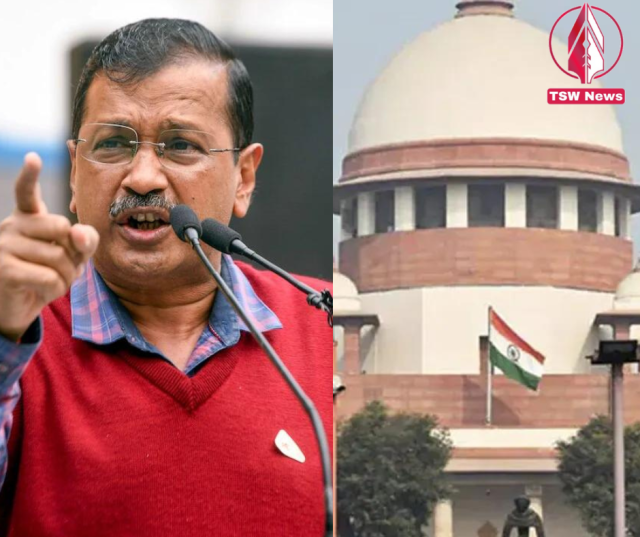Supreme Court Issues Landmark Rules to Combat Illegal Constructions
- Posted on December 19, 2024
- News
- By Arijit Dutta
- 58 Views
The Supreme Court has issued nationwide guidelines to combat unauthorized constructions, stressing strict adherence to building laws. It mandates verification of completion certificates for utilities and business licenses and criticizes state regularization of illegal structures. Builders must ensure compliance before handing over possession, with penalties for non-compliance.

In a crucial ruling, the Supreme Court has issued nationwide guidelines to address the escalating problem of unauthorized constructions. The court emphasized the need for stringent adherence to building regulations and the necessity for developers to hand over buildings only after obtaining a valid completion or occupation certificate.
The ruling, delivered by Justices JB Pardiwala and R Mahadevan, mandates increased accountability from builders, local authorities, and even financial institutions. The court instructed service providers, including electricity and water supply boards, to verify that buildings have valid completion or occupation certificates before granting essential services. Additionally, businesses operating in unauthorized buildings will be denied trade licenses.
The court further criticized state governments for regularizing illegal constructions, which it described as short-sighted and harmful to long-term urban planning. Highlighting the dangers of such constructions, the court noted that they not only endanger lives but also disrupt urban development and harm the environment. The ruling was delivered while upholding a demolition order for an illegal structure in Meerut, emphasizing the need for "iron hand" action against violations.
In its directives, the court mandated that builders provide an undertaking ensuring possession is granted only after proper certification. Authorities must conduct periodic inspections at construction sites, and no utility services should be provided without valid certificates. Any deviations from approved plans must be rectified before certificates are issued.
Also Read: Inclusive Action Needed to End Violence Against Disabled Persons
The court also imposed a strict 90-day deadline for resolving appeals for regularization or rectification of violations. Non-compliance with these guidelines will lead to contempt proceedings. The judgment has been circulated to ensure nationwide enforcement.




